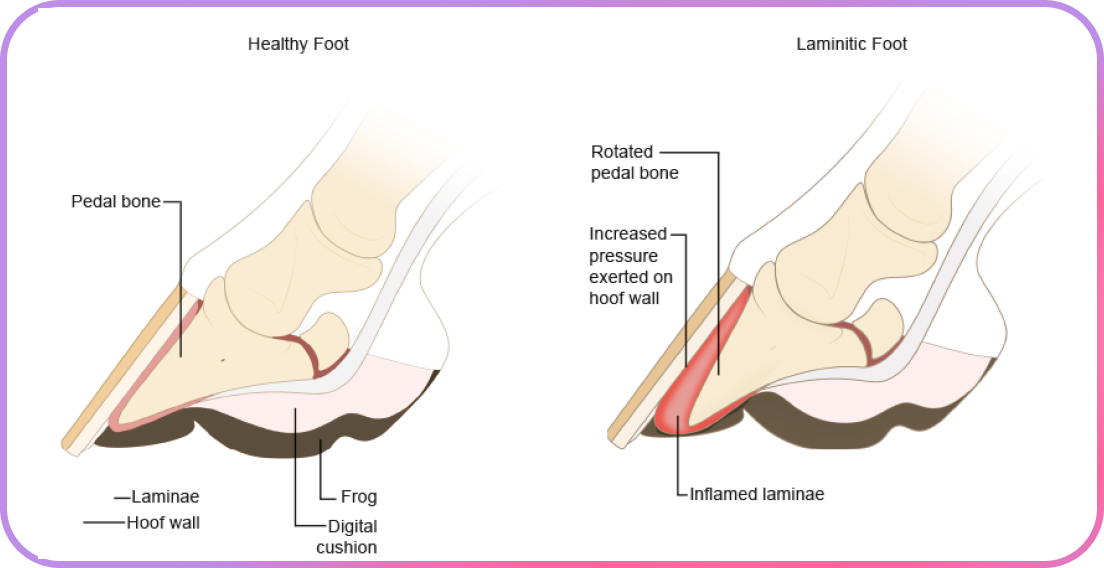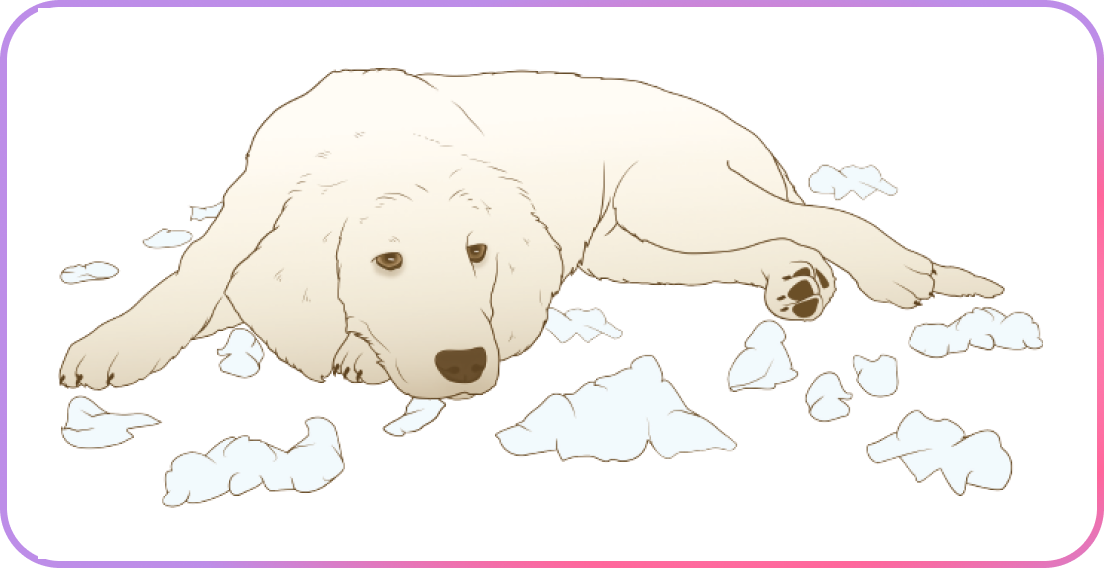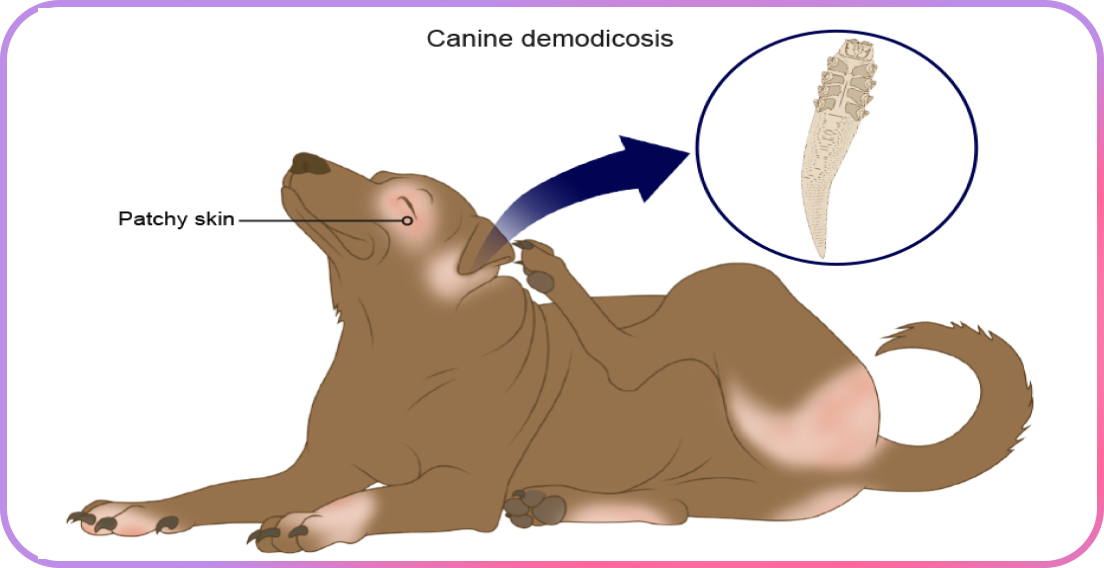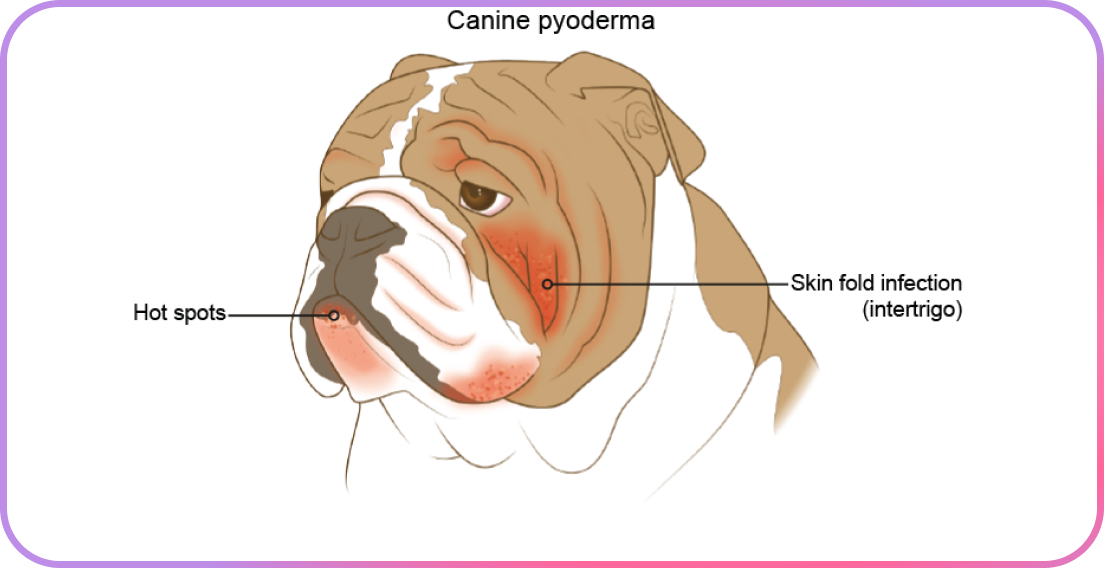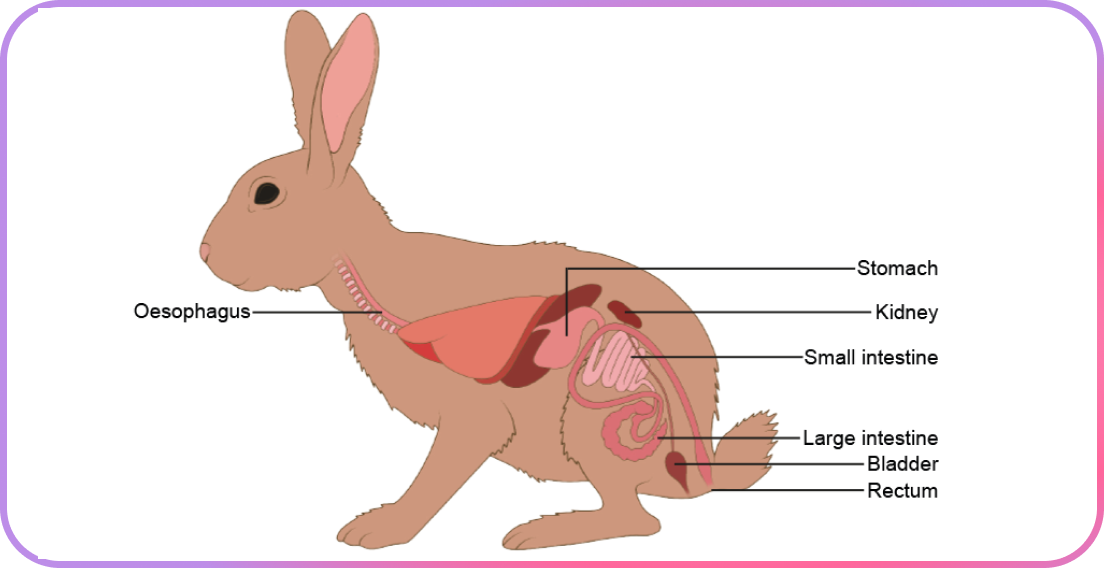Great content starts with great clinicians!
At Cetra for Vets, our content doesn’t come from guesswork, it comes straight from the minds of trusted veterinary professionals. Every client handout, anatomical illustration, and educational tool is written or reviewed by a handpicked team of clinical experts who live and breathe veterinary medicine.
We’re proud to work with experienced veterinary surgeons, neurologists, dermatologists, educators, and small animal specialists who are leaders in their fields. With qualifications including BVSc, BSc, MSc, CertAVP, PGCert, MRCVS, and even C-SQP, our contributors bring deep, practical knowledge from the consulting room to the content you use every day.
From the first draft to the final review, our expert stakeholders help ensure every handout is clear, clinically accurate, and ready for real-world use. Whether they’re consulting on canine neurology or reviewing a client-friendly dermatology explainer, they help transform complex topics into digestible, actionable resources for pet owners.
We couldn’t do this without them, and frankly, we wouldn’t want to. So meet the vets, specialists, and educators behind the content.
Meet the experts we rely on and the voices you trust.
Akash Alexander
EBVS European and RCVS Specialist in Small Animal Surgery
Canine TPLO Surgery
TPLO (Tibial Plateau Leveling Osteotomy) surgery treats cruciate ligament injuries in dogs and restores limb function. It has a high success rate when post-operative care is followed.
BOAS surgery helps flat-faced dogs breathe more easily by correcting airway obstructions. It improves quality of life but carries some surgical risk.
Canine BOAS Surgery
Thomas Mignan
BVM BVS MRes DipECVN FHEA MRCVS
RCVS & EBVS® European Specialist in Veterinary Neurology
Degenerative myelopathy is a progressive spinal cord disease in older dogs that leads to hind limb weakness and paralysis. While there is no cure, physical therapy can help maintain mobility and quality of life.
Canine Degenerative Myelopathy
Myasthenia gravis is a neuromuscular disorder that causes muscle weakness and fatigue in dogs. Treatment includes medications and supportive care.
Canine Myasthenia Gravis
Rosina Lillywhite
Head Nurse at Liphook Equine Hospital
Head of Centre VetPartners Nursing School
Equine Cushing’s Disease
Equine Cushing’s is a hormonal disorder causing coat changes, lethargy, and increased thirst. With management, affected horses can live comfortably.
Equine Laminitis
Laminitis is a painful hoof condition often caused by diet or metabolic issues. Early treatment is vital to prevent permanent damage.
Beverley Ho
BSc (VetSci) (Hons) BVM&S MRCVS
Medical Writer
Canine Pulmonary Hypertension
Pulmonary hypertension is high blood pressure in the lungs that can lead to heart failure. It requires careful management and has a guarded prognosis.
Feline Hypertrophic Cardiomyopathy
This heart condition causes thickened heart walls, disrupting function. Some cats live normally, but others may develop life-threatening complications.
Emma Annis
BSc (Hons) RVN PGCE CertVNECC
Community Veterinary Nurse
Canine Separation Anxiety
Dogs with separation anxiety become distressed when left alone, often showing destructive behaviour. With behavioural support, most dogs improve over time.
Feline Indoor Spraying
Spraying is a natural marking behaviour in cats, but indoors it may signal stress or illness. Identifying the cause is key to resolving the issue.
Elizabeth Jones
Veterinary Surgeon
Tenby Vets
Canine Dental Disease
Dental disease is common in dogs and can lead to pain, tooth loss, and systemic health issues. Regular brushing and vet checks are key to prevention.
Feline Worms
Worms are internal parasites in cats that cause symptoms like weight loss and diarrhoea. They’re easily prevented with regular worming treatments.
Javier Sanz
Veterinary Surgeon
Founder & CEO at GAIA Biomodels
Canine Lyme Disease
Lyme disease is a tick-borne bacterial infection that primarily affects a dog’s joints and kidneys. Most dogs recover fully with early treatment.
Canine Mites
Mites are tiny parasites that irritate the skin, causing itching, hair loss, and secondary infections. Prompt treatment usually leads to full recovery.
Delia Richter
BVSc CertAVP(VD) MRCVS
Happy Skin Vet
Canine Demodicosis
Demodicosis is a skin condition caused by Demodex, which are tiny, parasitic mites that live on the skin and in the hair follicles of many mammals. Demodex mites naturally live on the skin in manageable numbers without causing any issues.
Canine Pyoderma
Pyoderma is a bacterial skin infection in dogs that causes itching, redness, pustules, and hair loss. It is often secondary to other conditions and is treated with antibiotics and topical therapy.
Carly Tonner
RVN CertVNES
The Rodent Nurse & New Era Veterinary Hospital
Rabbit Gut Stasis
Gut stasis is a condition where food movement through a rabbit’s digestive tract slows or stops, often due to stress, pain, or diet. It requires prompt treatment to prevent serious complications.
Chinchilla Ringworm
Ringworm is a highly contagious fungal skin infection that can spread between chinchillas and humans. Early diagnosis and treatment are essential to avoid wider transmission.
Sophie Eaden
BVSc MRCVS
BEVA Councillor & Performance Coach
Donkey Hyperlipaemia
Hyperlipaemia is a serious condition in donkeys where fat builds up in the bloodstream, often after reduced food intake. Immediate vet care is essential.
Kissing spines cause back pain in horses, affecting their comfort and performance. Both surgical and non-surgical treatments can be effective.
Equine Kissing Spines






















